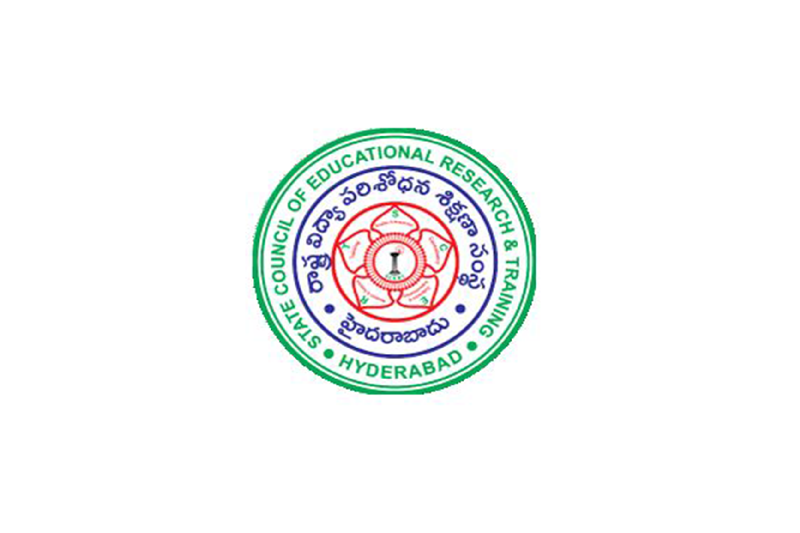
Trainee Teachers in Telangana Lack Practical Skills, Reveals SCERT Study
A recent study conducted by the State Council of Educational Research and Training (SCERT), Telangana, has raised critical concerns about the preparedness of future teachers in the state. The report warns that weak training practices in teacher education institutions contribute to the ongoing learning crisis in schools, highlighting the urgent need for reforms in how elementary teachers are trained.
The Scope of the Study
The research, titled “A Study on the Pedagogical Perspectives and Practical Approaches of Student Teachers of the D.El.Ed. Programme”, evaluated how trainee teachers enrolled in the Diploma in Elementary Education (D.El.Ed.) programme are being prepared for classroom realities.
The study covered 73 teacher education institutions across Telangana, including:
- 10 government-run District Institutes of Education and Training (DIETs)
- 63 private D.El.Ed. colleges
One hundred fifty teacher educators and 600 final-year student teachers participated, making it one of the state's most comprehensive assessments of elementary teacher training.
Findings: Gaps in Teacher Preparedness
The results revealed serious shortcomings in both pedagogical understanding and practical application.
- 40% of trainee teachers demonstrated only medium-level competence in key areas such as lesson planning, classroom management, and professional development.
- 35% of trainees reported weak practical training and internship experience, often citing that internships lacked real teaching opportunities.
- Only 26% of student teachers showed strong engagement in continuous professional development.
- On the institutional environment scale, 35% of trainees rated their colleges as providing low support.
These statistics suggest that many aspiring teachers leave their courses without adequate classroom management skills or the ability to design practical lessons.
A Theory-Heavy Curriculum
One of the major concerns identified in the study is the theory-oriented nature of the D.El.Ed. Syllabus. The curriculum leaves limited room for practising teaching strategies in real classrooms.
The mismatch between what is taught in pedagogy classes and what schools require in practice was found to be a recurring problem. Across parameters such as curriculum design, teaching strategies, assessment practices, and internships, the study concluded that the effectiveness of the current model was only at a “medium level.”
The report bluntly stated:
“The curricular practices in teacher education institutions conducting D.El.Ed. are not at the desired level. Both pedagogical perspectives and practical approaches of student teachers are average, which calls for urgent strengthening.”
Gender and Language Disparities
The analysis also revealed variations in performance based on gender and the medium of instruction:
- Women trainees performed better than men in teaching strategies and reflective practices.
- Both men and women, however, struggled with digital skills, an essential requirement in today’s classrooms.
- English-medium trainees displayed higher readiness in using educational technology.
- Telugu-medium trainees lagged behind in tech adoption, while Urdu-medium trainees struggled the most, with many stuck at low performance levels across multiple parameters.
These findings highlight the need for targeted support to ensure that disparities in gender and language do not translate into long-term gaps in teacher effectiveness.
Internships Reduced to Formalities
One of the study's most alarming insights came from student teacher interviews. Many reported difficulties in lesson planning, classroom management, and student engagement, indicating that their training had not prepared them for real-world challenges.
Internships—intended to provide hands-on teaching experience and constructive feedback—were often reduced to mere formalities, with limited opportunities to practice teaching in real classrooms. This undermined the very purpose of internships as bridges between theoretical knowledge and practical application.
Institutional Limitations
The study also pointed to the institutional environment as a critical factor. With 35% of trainees rating their colleges poorly, concerns have emerged about the infrastructure, mentoring, and support systems within teacher education institutions.
Private D.El.Ed. colleges, in particular, were flagged for quality inconsistencies, raising questions about oversight and accountability in the sector.
The Way Forward
While commenting on the report, a senior SCERT official emphasized that the learning crisis in schools cannot be addressed without improving the quality of teacher education.
“Given the learning crisis, addressing challenges at both the school and teacher education institution levels is essential. The study has helped us understand and suggests the need for more qualitative forward steps to improve the functioning of teacher education institutions,” the official told TOI.
The findings underline the importance of:
- Revising the D.El.Ed. Syllabus to balance theory with practice.
- Strengthening internship programmes to ensure meaningful, hands-on experience.
- Enhancing digital training for all student teachers.
- Providing targeted support for trainees from regional language backgrounds.
- Improving institutional support systems and accountability in private colleges.
Conclusion
The SCERT study on trainee teachers in Telangana paints a concerning picture of the current state of elementary teacher education. With many aspiring teachers leaving college underprepared for classroom realities, the quality of schooling across the state remains at risk.
Unless urgent reforms are introduced in curriculum design, internships, and institutional practices, the gap between teacher training and classroom needs will only widen. As the study suggests, addressing these shortcomings is not just a matter of improving teacher education but a crucial step towards resolving the learning crisis that affects thousands of children in Telangana’s schools today.



